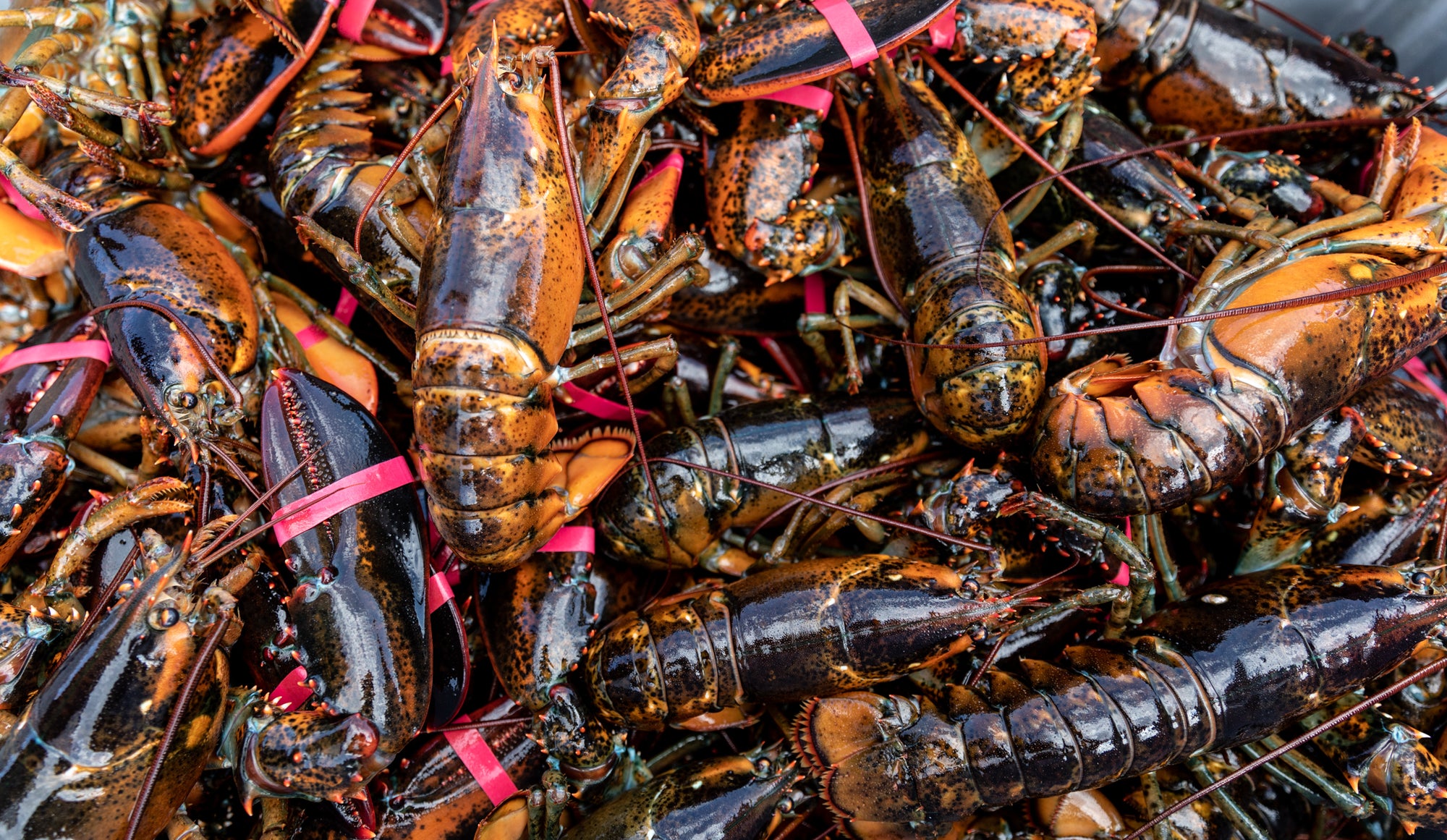
Our Response to Maine Lobster MSC Certification
November 16, 2022
Transparency is one of our core values, and in light of the recent suspension of Maine lobster's MSC certification due to a legal technicality, we want to provide our guests with clear and accurate information. The Marine Stewardship Council, known as MSC, is an internationally-recognized certifying body for sustainable fisheries. Not all sustainable fisheries are MSC certified, certification requires resources many fisheries lack, but certification is required by some large seafood buyers, so it affects lobstermen’s ability to sell their catch.
In Spring of 2022, the MSC auditing body for Maine lobster released their most recent in-depth assessment, a 240 page peer reviewed comprehensive scientific study. It stated that the fishery should remain certified. It addressed one of the biggest issues in northeast fisheries: protecting the endangered North Atlantic right whale. In their investigation on the Maine lobster fishery’s risk to right whales, the auditors found that Maine’s lobster fishery is highly unlikely to cause harm to right whales, mainly because of the very limited overlap between rope in the Maine fishery and right whale habitat. There are no right whales in the areas where the vast majority of Maine lobstermen fish. There have been 0 documented whale entanglements in Maine since 2004 and 0 documented whale deaths attributed to Maine fishing gear ever.
In the MSC's announcement on November 16, 2022, they stated,"There has been no recent evidence that the Maine lobster fishery is responsible for entanglements or interactions with right whales."
Nevertheless, in December of 2022 the fishery’s certificate will be suspended, due to a legal technicality. In July of 2022, a federal judge ruled that the National Oceanic and Atmospheric Association's (NOAA’s) federal rules for all fixed gear fisheries (fisheries with rope constantly in the water) did not reduce risk to right whales enough to ensure that the species recovers. Because NOAA’s rules on all fisheries combined were not compliant with the Endangered Species Act (ESA) and Marine Mammal Protection Act (MMPA) all these fisheries are now viewed as non-compliant, regardless of how much risk each individual fishery does or does not pose. The MSC standard does not allow certification of a fishery in which the regulations do not meet national requirements, so Maine lobster will lose its certification, despite the peer reviewed science showing that it isn’t a cause of the problem.
Maine will not get its certificate back until new federal rules are imposed on all US fisheries that reduce risk to right whales appropriately. Our fishery is once again collateral damage in efforts to stop right whale entanglement, which are important but should be focused on fisheries and locations where they actually occur, not on fisheries where there is no interaction with whales and has not been a documented entanglement in nearly 20 years. We now embark on a process in which we hope that real scientific data will be used to create an accurate risk model, and reasonable new rules will be imposed only on fisheries and in areas that pose a threat to whales. While this process plays out, which could take two years or more, Maine lobster won’t be MSC certified, but the underlying scientific facts that show it doesn’t pose a risk have not changed, and it’s still one of the world’s most sustainable foods.

